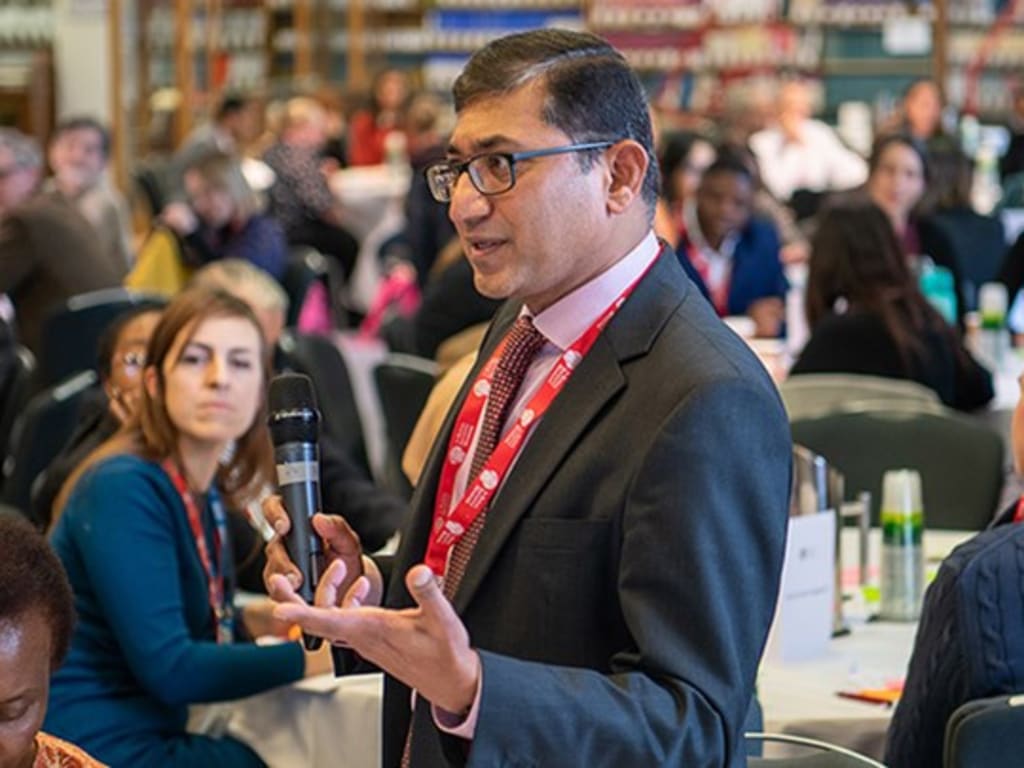
The Race Equality Foundation have begun conducting an investigation which will look in to whether people of Black, Asian or Minority Ethnic communities facing mental health issues come up against unnecessary barriers when trying to access forms of help and support with in society. A report produced along with NHS England has provided some detailed solutions to these disparities and has requested governing bodies to ensure they are put in place and help provide equality through the health service for those who need extra forms of support. This will help to maintain a level footing for people in need who are trying to make their way through society and begin to make a living for themselves.
There are many challenges involved with putting together this care package which will add to the complexity of the whole procedure. The aim is to utilise NHS funding to help develop individually tailored care plans which look into providing each individual with greater variety and flexibility as to how they meet their health and wellbeing needs. This also caters to the issue of equal opportunities for everyone with in society.
This revelation provides an insight into how the ambitious targets outlined in the NHS Long Term Plan, aiming to have 200,000 individuals benefiting from PHBs by 2023/24, a goal underscored in the Government’s Integration White Paper, are struggling to be met and reach everyone. However, data from NHS England suggests that by the end of Quarter 3 2023-24 (December 2023) only 161,054 people had received Personal Health Budgets in England.
There have been many studies which have looked in to these sorts of issues in the past. They have helped to provide some crucial insights in to the creation and deployment of varying mental health services to support those in need. An example of this is that both medical and non-medical interventions are effective when aiding and supporting people. The analysis of the different studies has revealed that the procedures work best when put in place along side the medication which many patients rely on to be able to manage their own symptoms.
Kathy Roberts, Chief Executive of The Association, states:
“The findings of this programme provide local health and care systems with a clear set of actions to ensure that people from Black, Asian, and minoritised ethnic communities who experience poor mental health can access the personalised care and support, including PHBs, that they are entitled to. The programme has also confirmed the need for local systems and their statutory leadership arrangements (i.e. Integrated Care Boards and local authorities) to engage meaningfully at a strategic level with the VCSE mental health sector in identifying the mental health needs of people from Black, Asian, and minoritised ethnic Communities and in the provision of services for them. The Association is committed in working with national and local health and care system leaders and other partners to support the adoption of the recommendations of this programme.”
Jabeer Butt, Chief Executive of the Race Equality Foundation, states:
“The programme has amplified the existing evidence base that demonstrates the importance of PHBs and personalised care in facilitating better mental health outcomes for some of the most marginalised and excluded people and communities. In identifying actions required to mainstream the accessibility of both, the Association and the Race Equality Foundation hope the learning from this Programme will be adopted by all local mental health systems and Integrated Care Boards.”
It is extremely urgent that the necessary measures are put in place to enable those who are affected by such conditions to be able to manage and regain more of their independence. That way they can help to form part of a fully functioning society in which they can develop a role for themselves and assist in the way business and the economy runs.